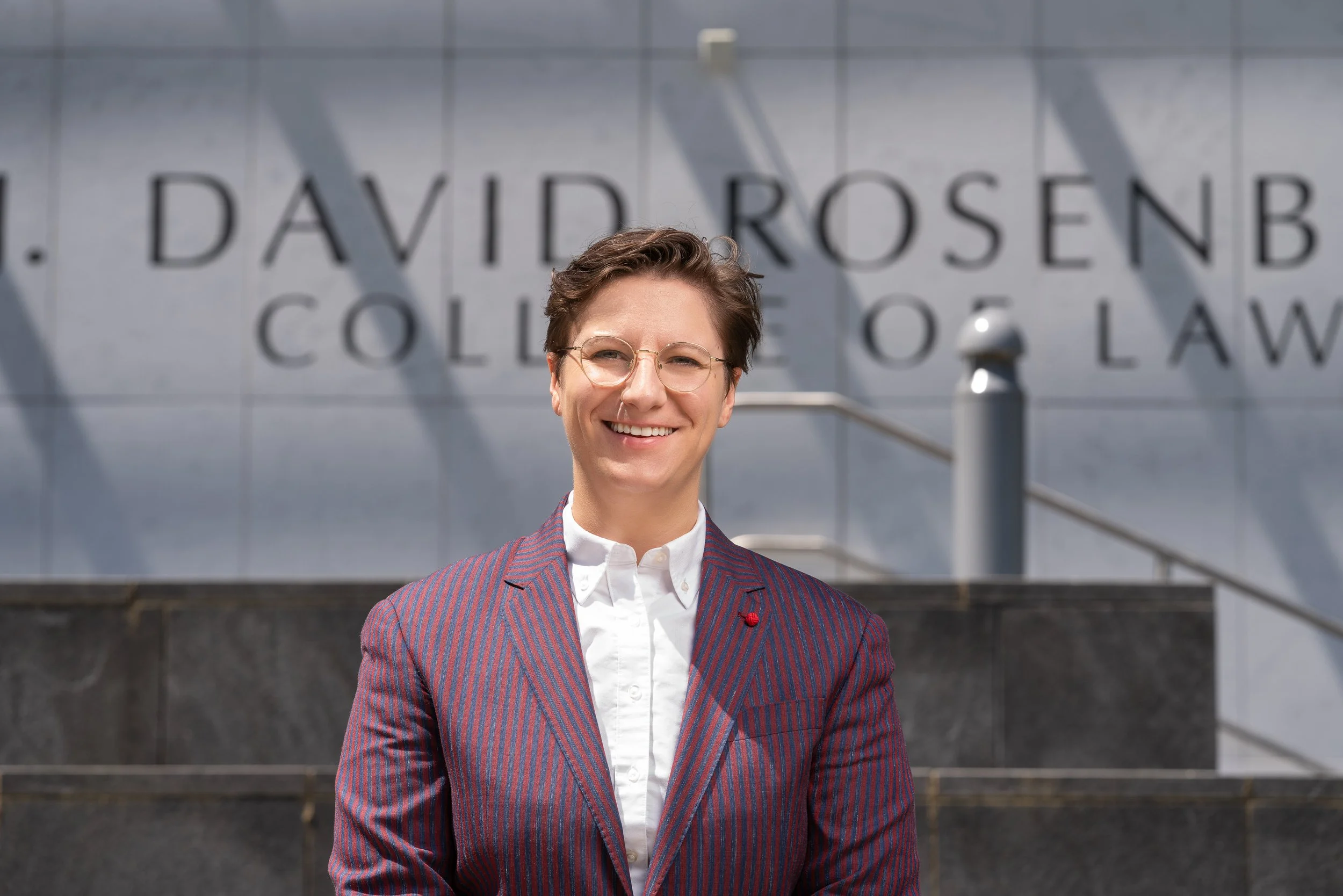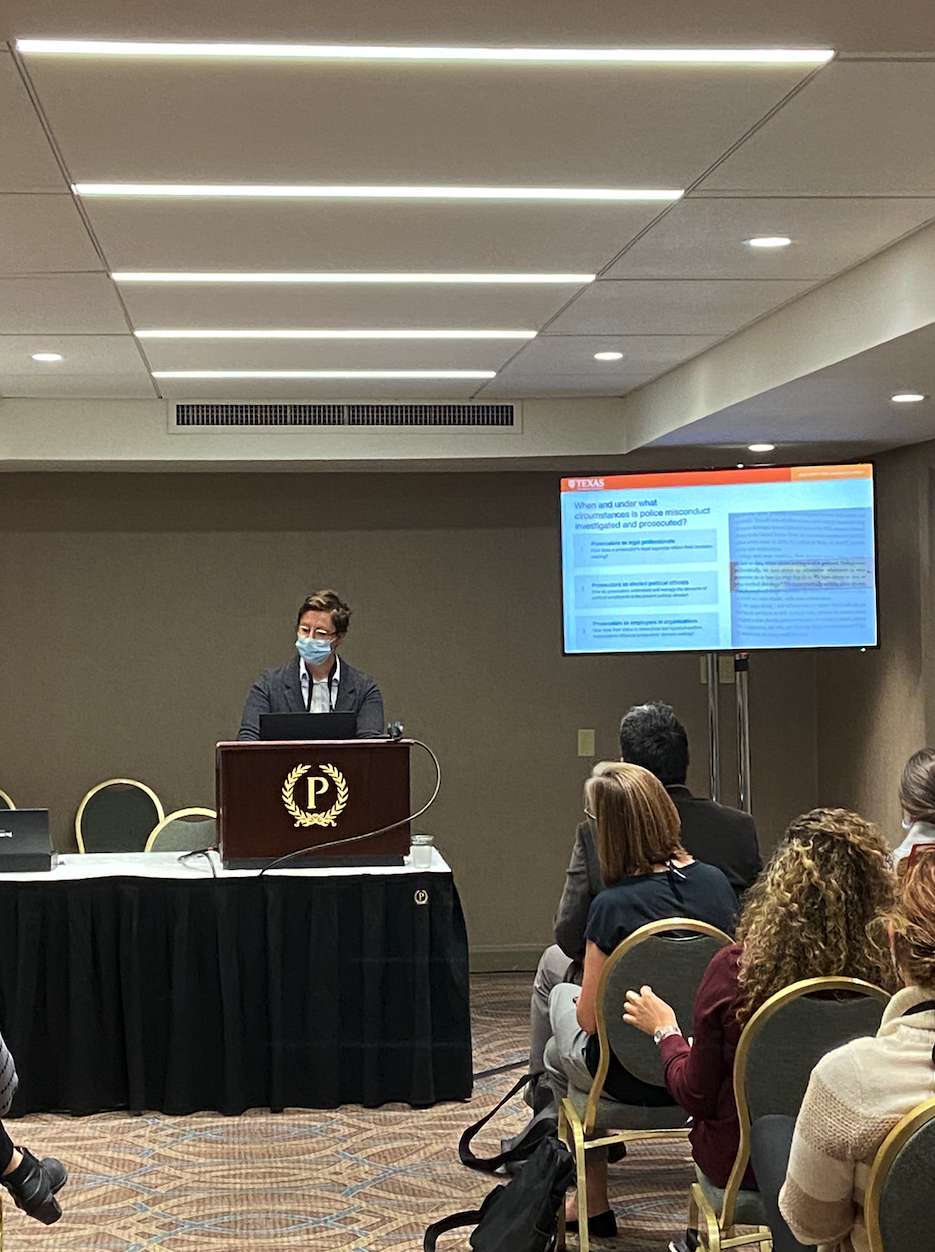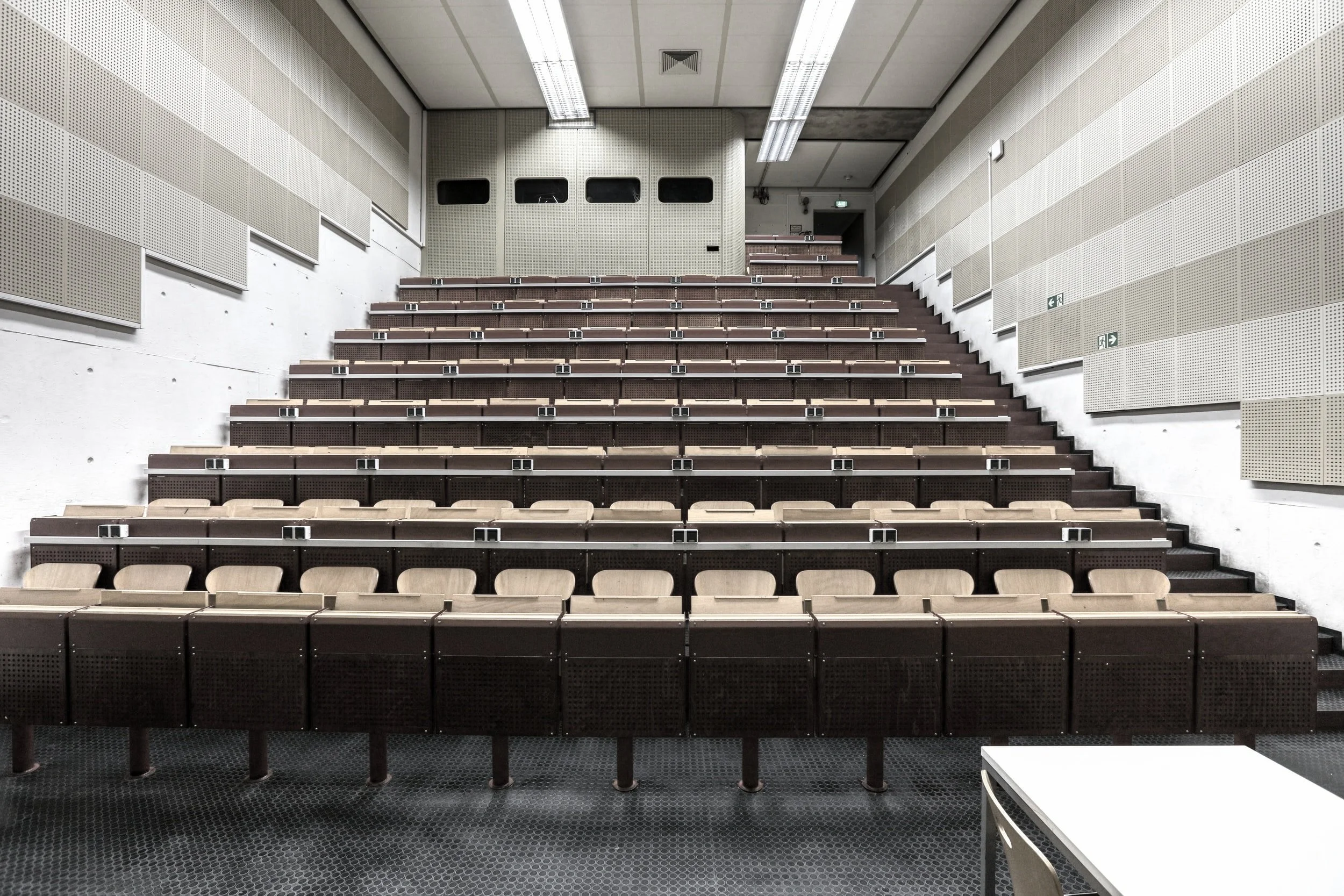Teaching
I design my courses for students to develop frameworks to think critically about society’s most pressing problems.

Criminal Law
This class is about the conduct that our society punishes, criminal law, focusing on the substantive statutory basis and common law. In a nutshell, the statutory criminal law is about the elements or component parts of crimes and defenses as defined within statutes and the common law.
These are the following types kinds of questions we answer throughout this semester: What is voluntary manslaughter, and how is it different from involuntary manslaughter? When can you act in self-defense? What is an attempt? How is legally adequate provocation a gendered concept? What is the difference between a felony and a misdemeanor?
Criminal Procedure: Investigation
This class addresses constitutional issues arising under the Fourth, Fifth, and Sixth
Amendments. If criminal law was the “what” of criminal law, investigative criminal procedure
(and its companion class, adjudicative criminal procedure) is the “how.”
Most of this course addresses substantive and remedial Fourth Amendment issues concerning searches and seizures and substantive and remedial Fifth Amendment issues concerning law enforcement’s interrogation of suspects. We also cover certain right-to-counsel issues under the Sixth Amendment, including the admissibility of uncounseled confessions and uncounseled pretrial line-ups, as well as the right to effective assistance of counsel
Law, Society, & American Policing
This seminar draws on research in sociology, criminology, public policy, organizations, psychology, and the law to explore the role and function of American policing. Students consider the historical evolution of American policing alongside how policing has (and hasn’t) changed over time. Students explore the challenges associated with balancing civil liberties alongside the goals of controlling crime. Students examine topics like police abolition and grapple with police use of force. In sum, students contemplate emerging research at the intersection of law and society to better understand the theoretical and empirical perspectives that conceptualize police as both products and producers of social control, law, culture, and inequality.
This course meets once a week to discuss the assigned readings. Students are expected to participate in class discussion, lead discussion one week, experience and reflect upon a police ride along, and complete a writing project.
My modalities are structured around the philosophy that our abilities as both budding professionals and as global citizens improve when we are informed and able to consider good-faith arguments with which we may not agree and respectfully articulate reasons, logic, or facts guiding in a different direction.
My mission as an educator is to foster an inclusive classroom environment that allows students to learn, share, and develop critical thinking and writing skills in order to effectively articulate their developing positions on these topics.
Developing a foundation of knowledge and refining professional communication skills in classroom settings will help students in their future work life, and help effective communication strategies with friends, family, and the larger global community.
Speaking about my research in 2021
Student testimonials
Teaching Experience
Assistant Professor of Law, 2023-present
Criminal Law
Criminal Procedure
Law, Society, & American Policing
Assistant Instructor, 2022-2023
Punishment & Society
Teaching Assistant, 2018-2023
Visual Sociology
Sociology of Criminal Justice
Introduction to Social Research
Punishment & Society
Social Psychology & the Law
Criminology
Teaching Assistant, McCombs School of Business, 2020
Organizational Behavior
Content, strategy, and writing tutor, University of Texas Athletic Department, 2019-2023
Texas Prison Education Initiative, 2019-2020
Volunteer Co-instructor
Graduate student mentor, 2019-2023
Undergraduate mentor to senior capstone projects, Department of Sociology
Graduate Student Thesis Tutor, Department of Sociology & Anthropology, Saint Louis University, 2016
Sharing research in 2021
Inclusion in the Classroom
I use many engagement and inclusion strategies, like short videos and podcast episodes, to incorporate diverse learning styles and visual and audio learners.
These various modalities expand who students hear from by offering varied perspectives from local community members, those outside of Kentucky, and from people around the world.






